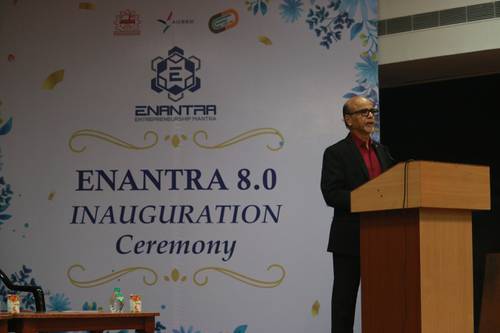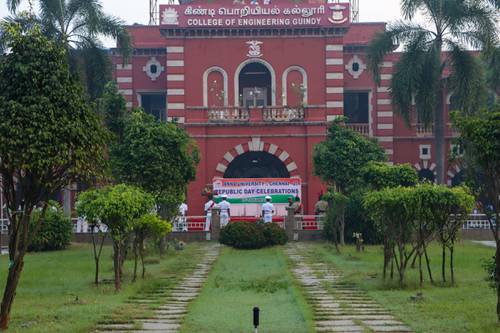“I Have no tears left in me”- these are the words of a desert flower who sees the Taliban crisis unfolding as an ominous sign for the return of the awful days under the scorching militant regime. Many are lurching at the airports of Kabul. According to the Sharia framework, women will now be "granted rights." Men's insatiable thirst for power has long targeted women and children. The same may be said for Afghan women who have experienced vicissitudes in their rights.
In ancient times, women were subjected to the purdah (A practice that involves the seclusion of women from public observation by means of concealing clothing), while the rulers indulged in polygamy. King Amanullah made onerous efforts by encouraging families to send their daughters to school, abolishing forced marriages, child marriages and bride price and discouraging polygamy. His attempts for equal rights received backlash, following his successors, reinforcing the practice of wearing veils. Several of his successors made cautious decisions to improve women’s rights. Following WWII, modernization took underway, with a focus on girl child education. Prime minister Mohammed Daoud Khan’s perspicacity to improve their rights carefully was followed by the controversial step of unveiling, for which he received a letter of protest asking him to follow the words of Sharia. However, the Prime Minister's need for a proof could not be satisfied by them. The 1964 Constitution of Afghanistan granted equal rights, which was unpalatable to those in the countryside.
Past the four-year civil war, the Taliban made way to impose their rule and strip women of their rights. The altruistic efforts of former-female teachers for educating girl children in secret were caught by the Taliban and they were imprisoned and tormented. In late 2001, the new government formed under Hamid Karzai averted women from mingling with men in public places, which faced opposition for endangering women’s rights. President Ashraf Ghani signed to include the mother’s name in the birth certificates and identification cards.
Despite the protests and improvements made, the delectation of men in suppressing women can be seen in their laws and the practices that they egg on. It is a patriarchal society, with men being able to divorce without the consent of their wives, but women being unable to do so without the consent of their husbands. A man can marry a non-Muslim woman, but it is illegal for the latter to do so. Baad is a dispute resolution method practised by marrying off the women in their families to the other party. The inescapable fate is ironed out by some women, as 90% of them commit suicide owing to the fact that almost all of them have faced at least one kind of abuse.
The Taliban's return is a humanitarian catastrophe that directly threatens women's future. The Taliban soldiers aren't "programmed" to treat women gallantly. While many politicians have fled, some valiant women are grappling. Several countries have extended their hands in support. India grants e-visa to Afghan students with priority for women. Despite the efforts, the murky days that have returned to Afghan are making them stifle. The women of Afghan are the desert flowers whose fragrance and pulchritude are going to be lost in the vast deserts of Afghanistan under Taliban.





